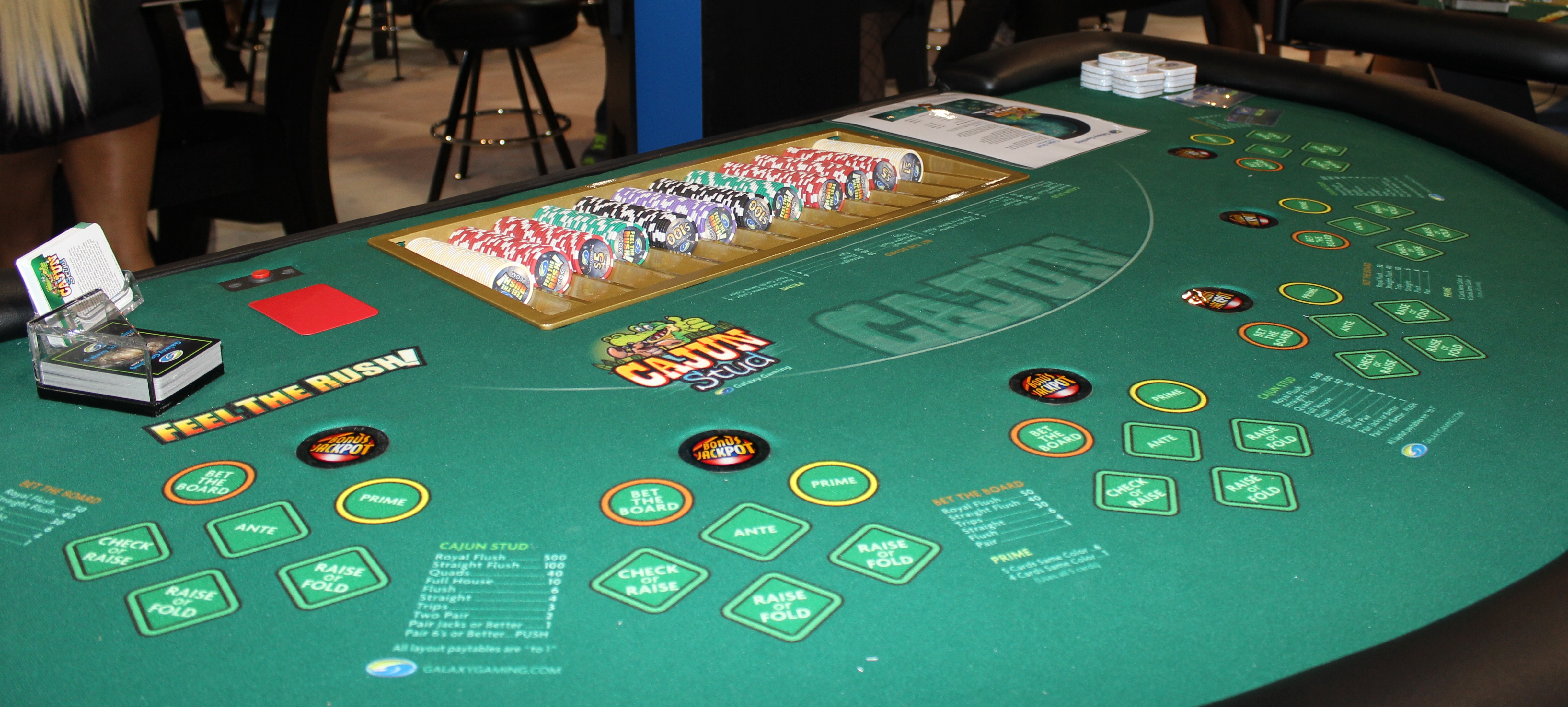7 Card Stud Strategy
Seven-card stud is played with two downcards and one upcard dealt before the first betting round, followed by three more upcards (with a betting round after each card) and one more downcard. After betting on the 7 th street, or final card, the showdown occurs and the player with the best five cards is declared the winner. Standard poker hand rank is considered in declaring the winner. 7 Card Stud Strategy: Hand Selection. The most important decision in 7 Card Stud strategies is the starting hand selection. The most playable hand is. Seven Card Stud strategy is complex but there are certain rules that all winning stud strategies employ. These top 10 tips for Seven Card Stud will help you become a more consistent winning poker player. Seven-card stud is generally a high hand wins game, however there are variations where the low hand is the winner (Razz) or where the pot is split between the high and low hands (High-Low.) Standard rules of play are pretty much the same in these games; however, strategy in betting will change significantly, so play wisely. 7 Card Stud Poker Strategy. If you want to have some sort of success when it comes to playing Seven Card Stud Poker than you have to make sure that you’re in great shape. This is a different game than a lot of other poker versions that are played in online casinos such as Texas Hold’em and Omaha Hi/Lo.
Seven Card Stud strategy is complex but there are certain rules that all winning stud strategies employ. These top 10 tips for Seven Card Stud will help you become a more consistent winning poker player. Remember also that there is no magic recipe for success in Seven Card Stud or any poker variant; it requires diligence and a willingness to learn to become a successful poker player.
7-card Stud Strategy Article
Tip #1 - Prioritize/Organize Your Info
There is a lot of information to take in during a round of Seven Card Stud. Learn how to prioritize and organize the information you receive during each hand. Few people can memorize every up-card on the table and also remember the betting patterns of each player in the hand.

Instead of trying to overwhelm your short term memory bank, understand which information is the most important. Note suited cards, big cards, and matching cards. By doing so, you’ll be able to judge the likelihood of you and your opponents catching pairs, flushes, and other draws.
You can’t be expected to memorize every card you see on the table. Just focus on noting the important cards. You will miss things here and there but if you consistently focus on what appear to be the most important pieces of information, you will come out ahead in the long run.
Tip #2 - Play Big Pairs Fast
Big pairs are strong hands in Seven Card Stud, but they are vulnerable to draws. Any time you begin with a big pair, come out betting and raising from the beginning. You will accomplish two objectives at the same time: getting money in the middle with a strong hand and charging people to draw to stronger hands.

Tip #3 - Be Selective with Your Starting Hands
The simplest way to turn your game around and become a winning player is to tighten up your hand-playing requirements. The most common mistake new players make is to play too many starting hands. The best starting hands are ones that contain any of the following:
- Three of a kind
- A pair of 10s or better
- Three to a high flush
- Three to a high straight
If your hand doesn't match up with the list above, maybe you should reconsider playing the hand.
Tip #4 - Have a Reason to Stay In
You should have a strong reason to play and continue far with any hand. If you don’t have a good reason to play the hand, save yourself the money and fold. Seven Card Stud is a game of patience because you don’t catch strong hands very often. Don’t play unless you have a strong made hand or a draw to a strong made hand.
Tip #5 - Fifth Street is Decision Time
When play enters Fifth Street, you have seen the majority of your cards and the bets double. This is time for you to either continue with a strong hand or get out. Don’t call bets unless you have a clear purpose with the hand.
Tip #6 - Don’t Play with Reduced Odds
There are thirteen cards of each suit and four cards of each rank. Every time you see a card you need on one of your opponent’s boards, it means your odds are reduced. For example, it doesn’t make sense to chase a flush of diamonds if you can see five diamonds out there.
Tip #7 - Don’t Draw to Second-Best Hands
If your entire hand can’t beat the opponent’s board, don’t try to outdraw his hand. You will often end up drawing to a second-best hand. That’s a great way to lose a lot of money. You lose if you miss your draw and you lose even more if you make it!
Tip #8 - Observe Every Hand
You should consider yourself at work the entire time you are at the table. Even when you’re not involved in hands, you should observe the table. Watch how your opponents play their cards, note their betting cards and note what they show down with. You’ll gain a lot of useful information and get great practice at reading your opponents.
Tip #9 - Bluff Occasionally
The occasional bluff will prevent you from becoming a predictable, exploitable opponents. You don’t need to bluff very often to do so. When you do bluff, make sure your bets make sense and that your board backs up the story you’re trying to tell. Learn more about Seven Stud bluffing.
Tip #10 - Practice Bankroll Management
Every player goes through bankroll fluctuations regardless of skill. No matter how good you are, it is vital that you only play in games for which you have a large bankroll. Note that I am talking about all the money you have set aside for poker; not the amount you buy in with for any single session.
Many poker sites say that a bankroll of 40 times the big bet is sufficient but that’s ridiculously small. A proper bankroll should be equal to at least 300 times the big bet, and more if you want extra security. Seven Card Stud is a swingy form of poker and you’ll be glad you keep a large bankroll.
More Seven Card Stud Strategy:
This format used to be one of the most popular poker variations back in a day. These days, games like Hold’em and Omaha have taken over the throne, but 7 Card Stud poker still exists, and it is played either as an individual variation or as a part of a game mix.
If you’re looking to take up a new game and learn it from scratch, this is definitely an interesting option. Since stud games don’t have community cards, you’ll have to develop some new skills and face some new challenges, which can be a lot of fun.
7 Card Stud Hi Lo Strategy


If you feel like you’re stuck in a rut and need a change of pace, you should look into taking up 7 Card Stud and see how you like it. And these three tips should help you get started in no time and with very little effort.
7 Card Stud is a fixed limit game: Learn the math
The first thing you’ll need to adjust to when learning 7 Card Stud is that the game is usually played in the fixed limit format. Whether you are playing online or visiting a casino like Wynn poker room, you will not usually find too many chips flying around. The action isn’t nearly as crazy, and there are almost never any huge bluffs. Stud is much more about making correct mathematical decisions all the time and working your profits up one big bet at a time.
For someone transitioning from an action-packed game like NLHE or PLO, this may seem boring and slow-paced at first. However, you should give it some time. There will be plenty of big and exciting pots you’ll get to play in 7 Card Stud as well, but make sure to learn the odds and understand the math before even starting to play since that will highly influence your decision.
7 Card Stud Poker Strategy
Keep your starting hands selection tight
When you’re just learning how to play 7 Card Stud, it will be very important to keep your starting hands selection quite conservative. You want to be getting involved with hands that have big potential right from the get-go and avoid tricky spots as much as you can.
With this being a fixed limit game, playing too many hands will often get you in spots where you feel like you have to keep calling even though you know you’re likely to be behind. Your ability to get away from second-best hands will improve as you gain more experience, but during your initial learning period, you’ll be better off not putting yourself in these situations as much in the first place.
Try to only play trips, big to medium pocket pairs, and coordinated hands containing three cards working together, i.e., suited and (semi)connected. By narrowing your starting range, you’ll have a much easier time making the right decisions on later streets.
How To Play 7 Card Stud Strategy
As you play more and become more experienced, you’ll be able to add more and more hands. Of course, at no point should you go too crazy. Just like in Hold’em or PLO, you want to keep your starting hands selection reasonably tight.
Paying attention to face-up cards is very important
One thing that’s really completely new in 7 Card Stud, if you’ve only played flop games, is the fact many cards are dealt face up. Every player receives up to four cards face up for everyone to see. That’s a lot of information you can use.
You really want to pay attention to what cards are being exposed face-up during a hand. This knowledge will help you every time you need to decide whether you’re getting the right odds to chase your draw. If you know that a few of your outs have already been folded, you can make a much better-informed decision.
Likewise, this knowledge will help you in spots where your opponent is likely on a draw of some sort. If you have a reason to believe they’re chasing a flush, but you know that four hearts have gone into the muck already, you can apply more pressure on them by raising and forcing them to pay more than they should given their actual odds.
You’ll find that many players in lower stakes games don’t really pay much attention to these details, and they’ll often keep chasing a draw as if all of their outs were still alive. This will give you a big advantage over these players and allow you to really improve your profit margins against them by getting them to put extra bets in unfavorable spots.
Other Posts You'll Enjoy
7 Card Stud Strategy
- 17 Ways to Spot Online Poker Players at Live Poker Tables
In this special Cardplayer Lifestyle article we list 17 ways online poker players stick out among a crowd of live poker players. While not exactly…
- Poker Tips By George: Stealing and Other Forms of Deception in Poker
In this third and final installment of George 'the Engineer' Epstein's miniseries on bluffing, he expands on stealing and other forms of deception in poker.…
- Top 10 Animals in Poker
Poker players can have lots in common with animals. Indeed, many names from the animal kingdom have made their way into poker's lexicon over the…
- 3 Tips to Keep Costs Down on Your Next Poker Vacation
If you're looking forward to a grea poker vacation, you also probably are aware in the back of your mind that there will be a…
- 5 Home Game Poker Variants Guaranteed to Generate Lots of Action
Everyone who has ever played a hand of poker understands the importance of the game having good action. Hold'em games are notorious for trying one's…
- Summary of Poker
Hello World! We've decided to launch a brand new poker blog - hopefully one day we'll be a big website visited by thousands of people.…